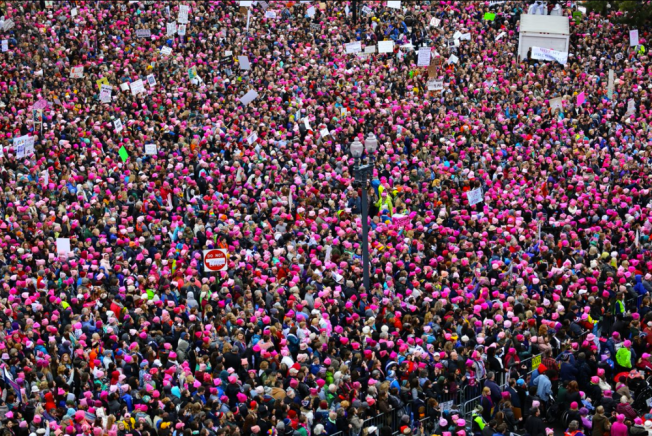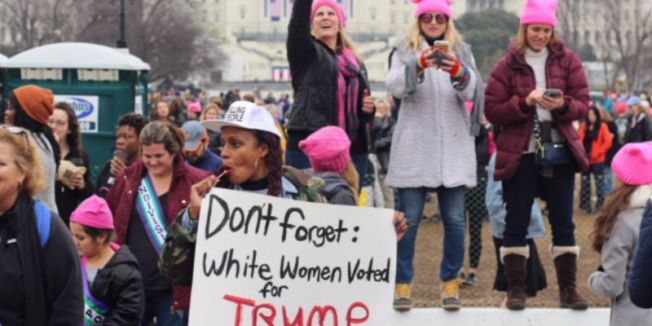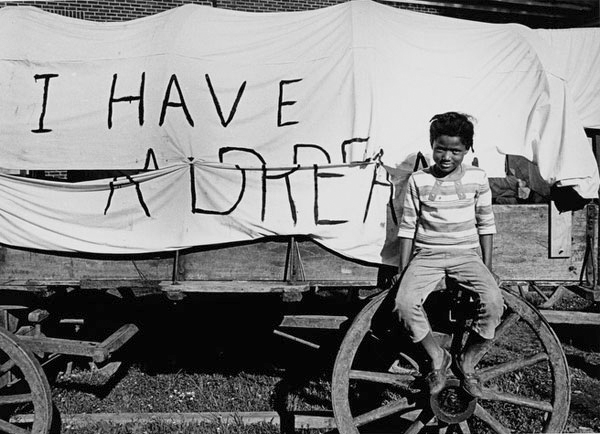I attended a panel examining Fair Housing in Atlanta 50+ years after the passage of the Civil Right Act.
Well, it was meant to be a panel examining the growth or lack there of fair, i.e. affordable, housing in the City of Atlanta. As someone who has a very shaky grasp of the history and current situation of housing availability in Atlanta, I couldn’t say that I walked away with much more information than what I began. Words spoken by the panelists acknowledged historical discrimination and current housing injustice, but specific details explaining these words were not given. Instead the panelists quickly moved on to describe how much the institutions they worked for were working hard to address the problem. The panelists included a representative for HUD, the Housing Authority (or soon to be Atlanta Housing, a good marketing move) and two others I cannot remember now.
But the evening wasn’t a waste because it did whet my appetite about learning more about housing in Atlanta. Embarrassingly enough, for several questions that were raised in my mind, I quickly wondered what Thomas Sowell, or Colin (of Colin’s Last Stand) thought. I wanted to be told the answer. But that would be too easy and just a tad pathetic since I knew that once I had their answer I would just parrot what they had to say.
So, I want to actually understand, not just repeat someone else’s conclusions.
Here are the handful of questions that I think are most important to me to begin with:
What is the Fair Housing Act and what part of the Civil Rights Act addresses housing (yes, Dr King hang your head in shame because I honestly don’t know – yet.)
What are the average prices of homes and apartments in City of Atlanta and why are they so expensive?
What happens to those who are displaced by gentrification?
Is it automatically discriminatory for landlords not to choose to accept housing vouchers? why do landlords choose not to accept housing vouchers?
Is an enforced fair housing law effective? (define effective. 😉




